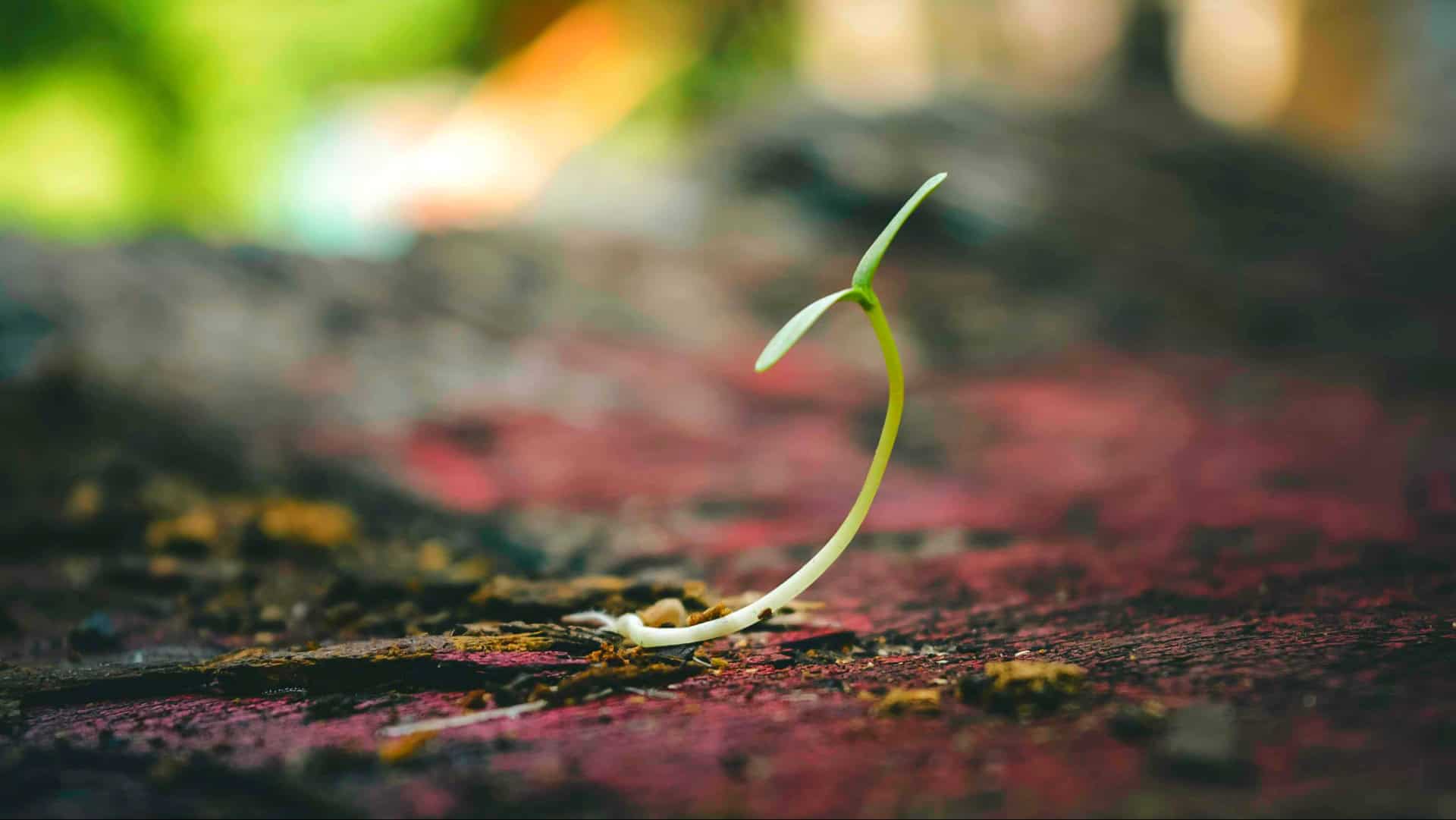Gardening doesn’t have to break the bank. With a bit of creativity, you can cultivate a lush garden without emptying your wallet.
You’ll discover innovative ways to repurpose household items, maximize space, and embrace sustainable practices.
These tips promise to transform your garden into a thriving oasis.
By incorporating these budget-friendly ideas, not only will you save money, but you’ll also enjoy a healthier and more bountiful garden.
Dive into these 10 money-saving gardening ideas to enhance your green space without overspending.
1. Homemade Compost
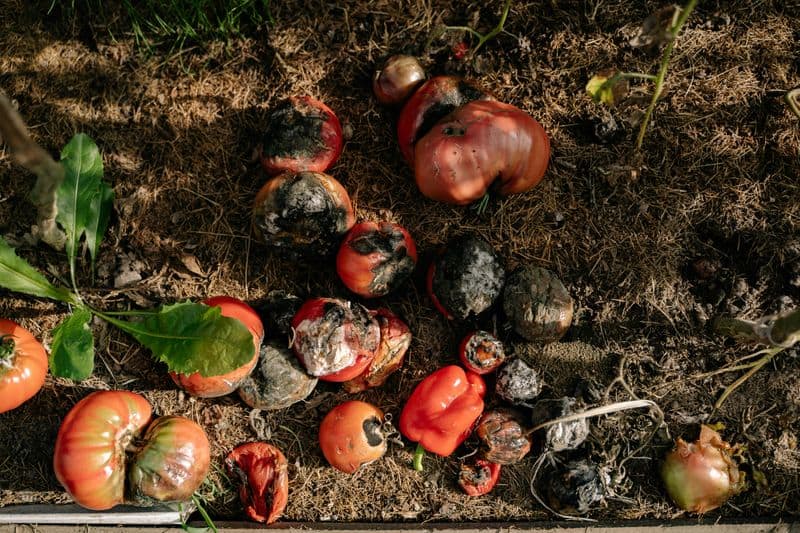
Transform kitchen scraps into nutrient-rich compost to enrich your soil. Start by collecting food waste like fruit peels, coffee grounds, and eggshells.
Layer these with garden clippings in a compost bin. Stir the mixture occasionally to speed up decomposition.
After a few months, you’ll have dark, crumbly compost ready to boost your plants’ growth. Not only does this recycle waste, but it also saves money on store-bought fertilizers.
Your garden will thrive, and your wallet will thank you! Crafting your own compost is both rewarding and eco-friendly.
2. Rainwater Collection

Capturing rainwater is an excellent way to reduce water bills. Installing a rain barrel under a downspout allows you to collect rainwater effortlessly.
Use this water to hydrate your plants, especially during dry spells. It’s an environmentally friendly practice that conserves water resources.
Plus, plants benefit from rainwater as it’s free from chemicals found in tap water. Be sure to cover the barrel to prevent mosquitoes from breeding.
By utilizing natural water, you’re supporting lush growth while cutting costs on your water bill.
3. DIY Planters
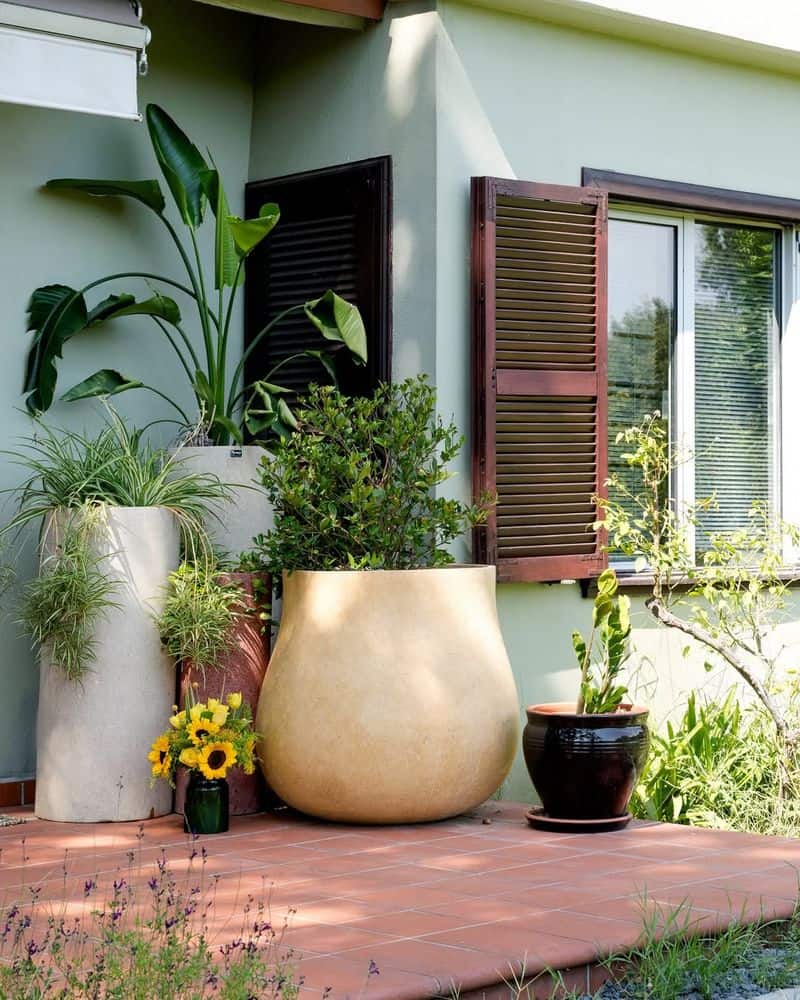
Create unique planters using recycled materials like wooden pallets or old tires. These DIY planters add character to your garden and help you save money.
Customize them with paint or stencils for a personal touch. Vertical planters maximize space, perfect for small gardens or balconies.
Plant herbs, flowers, or vegetables to maximize their utility. Not only do they look stylish, but they also encourage sustainable gardening practices.
Reusing materials reduces waste and turns your garden into a conversation starter. Unleash creativity while staying eco-conscious.
4. Seed Saving
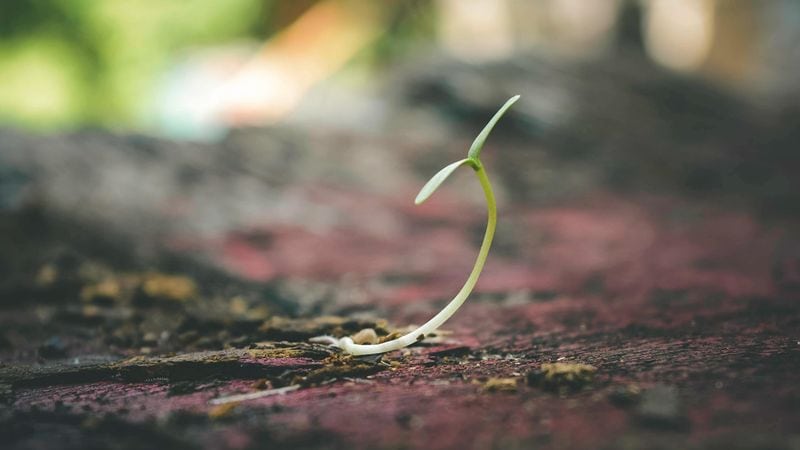
Save seeds from your favorite plants to grow them again next season. Allow flowers or vegetables to mature and dry, then collect their seeds.
Store them in a cool, dry place to plant later. This practice is economical and ensures you’ll have a supply of plants you love.
It also allows for plant adaptation to your local environment. By saving seeds, gardeners become more self-sufficient.
The process is simple, enjoyable, and budget-friendly. Enjoy the satisfaction of cultivating your cherished plants year after year.
5. Companion Planting

Companion planting enhances growth and reduces pests. Pairing plants like marigolds with tomatoes can deter pests naturally.
Certain plants improve soil fertility and attract beneficial insects, promoting a healthier garden.
This method minimizes the need for chemical pesticides, saving money and promoting a sustainable garden. It’s fascinating to experiment with different combinations and observe the results.
Companion planting offers a harmonious way to cultivate a thriving garden. It’s a strategy that transforms your garden into a self-sustaining ecosystem.
6. Mulching with Leaves

Utilize fallen leaves as mulch to retain soil moisture and suppress weeds. Collect leaves in autumn and layer them around your plants.
This natural mulch breaks down over time, enriching soil fertility. It’s a cost-effective alternative to store-bought mulch.
Leaves provide insulation, protecting roots from extreme temperatures. They also enhance water retention, reducing watering needs.
By recycling leaves, you contribute to waste reduction. Mulching is an easy, affordable way to improve garden health and reduce garden maintenance costs.
7. Herbal Teas for Plants

Brew herbal teas using chamomile or nettle to nourish plants naturally. Steep herbs in water, cool, and apply as a foliar spray or soil drench.
These teas provide nutrients and boost plant immunity. They’re a chemical-free alternative to commercial fertilizers, reducing gardening expenses.
Herbal teas can deter pests and improve plant health, resulting in vibrant growth. Experiment with different herbs to address specific plant needs.
This holistic approach supports ecological balance in your garden. Elevate your gardening game with the power of herbal infusions.
8. Repurposed Garden Furniture

Craft garden furniture from reclaimed materials like wooden pallets or old doors. This not only saves money but adds a rustic charm to your outdoor space.
Customize your pieces to fit your garden’s style and needs. Reclaimed furniture is durable and eco-friendly, reducing waste and enhancing sustainability.
Paint or varnish your creations for added protection against the elements. Enjoy relaxing in your unique, handcrafted furniture amidst nature.
Repurposing materials breathes new life into them, turning your garden into a haven of creativity and comfort.
9. Crop Rotation
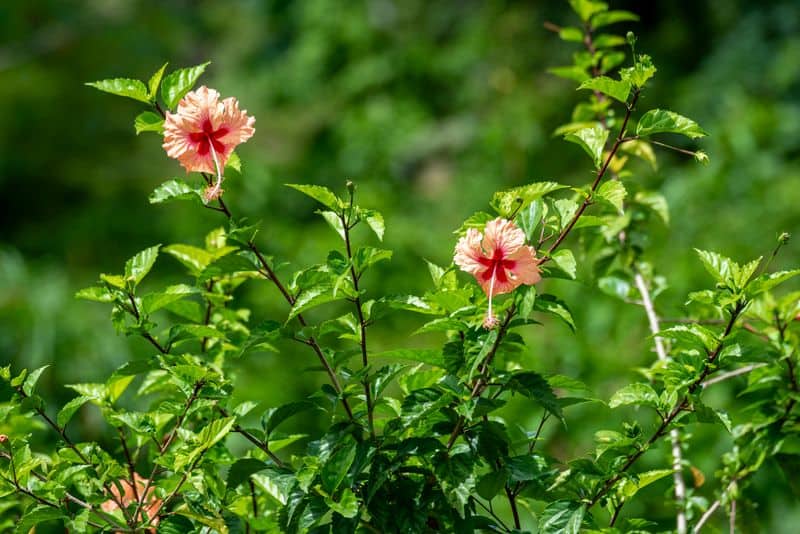
Practice crop rotation to maintain soil health and reduce pests. Changing plant locations each season prevents soil depletion and disrupts pest cycles.
This technique leads to a more productive garden without relying on chemical treatments. Plan your rotation based on plant families to optimize results.
Crop rotation enhances soil structure and boosts nutrient levels naturally. It’s a smart strategy for sustainable gardening that preserves soil vitality.
By rotating crops, you ensure a diversified harvest and a resilient garden ecosystem. Keep your soil lively and your crops flourishing.
10. Natural Pest Control
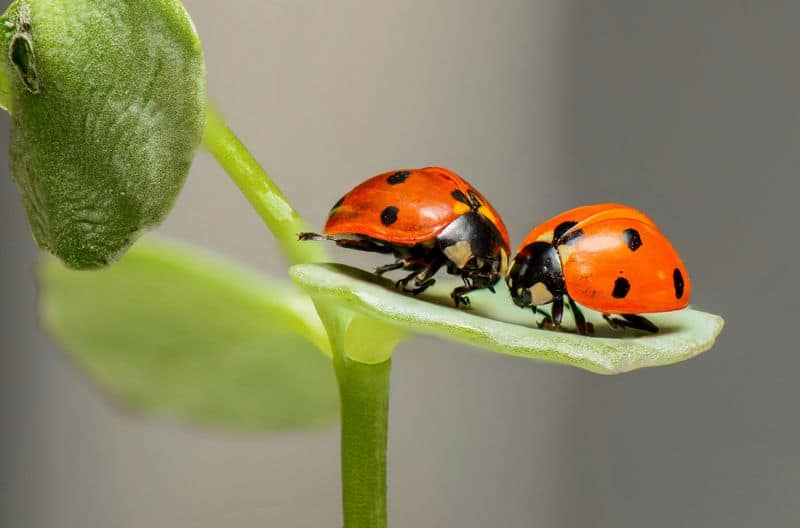
Encourage beneficial insects like ladybugs to control pests naturally. These insects feed on harmful bugs, reducing the need for chemical pesticides.
Plant flowers that attract these allies, such as daisies and fennel. Providing a habitat for beneficial insects promotes a balanced garden ecosystem.
It’s an eco-friendly approach that safeguards your plants while saving money. Embrace biodiversity to keep pest populations in check.
This form of pest control supports a thriving, harmonious garden. Enjoy a flourishing garden where nature takes care of itself, reducing your workload and expenses.

